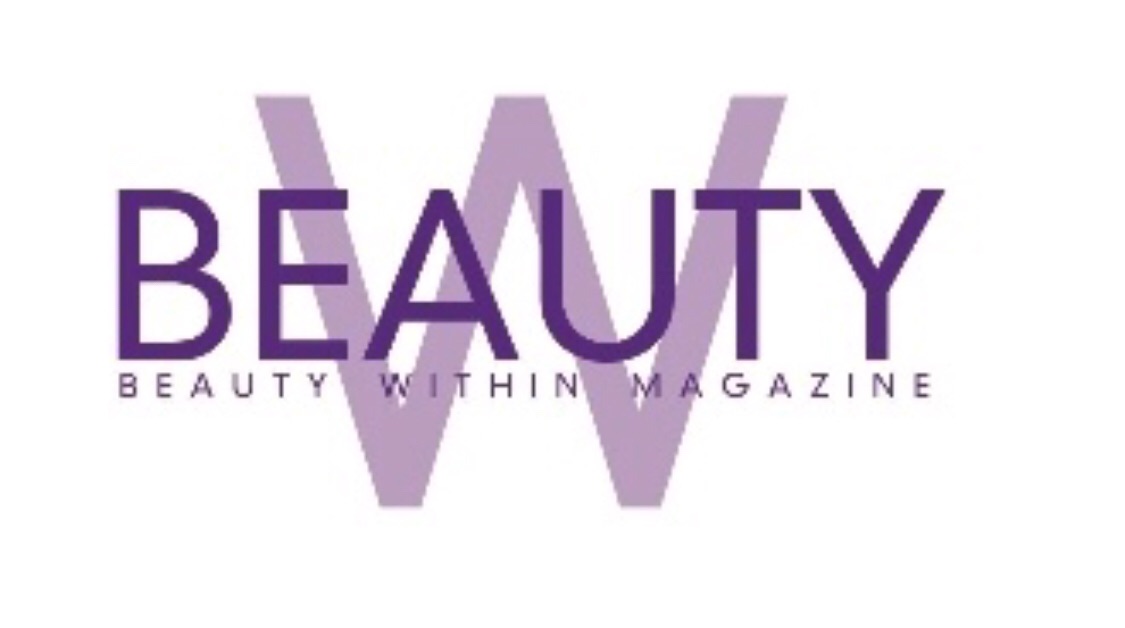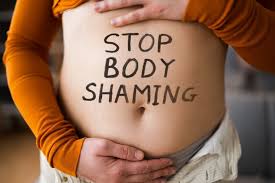Fat phobic jargon such as fat backs and fatty is body shaming.
Fat phobic jargon such as fat backs and fatty is body shaming.

And while many teens say the jargon is simply meant to be playful, others admit they find it hurtful, or at least jarring. Experts find the explosion of this kind of slang alarming.
“This is a problem for everybody,” says Zöe Bisbing, a body-image and eating-disorders psychotherapist. “It has a lot to do with this really, really entrenched anti-fat bias in our culture that normalizes microaggressions toward fat people.”
- Fat shaming involves criticizing and harassing overweight people about their weight or eating ha…
The belief is that this may motivate people to eat less, exercise more, and lose weight. - In the majority of cases, the people who fat-shame others are slim and never had to struggle wit…
Research shows that much of the discussion on obesity on social media involves fat shaming, which often turns into harassment and cyberbullying — especially against women.
But what does “big back” actually mean? That’s where things get complicated, as many have noted that the term and possibly the trend appear to have roots in African American English (AAE) and in Black spaces online. But the trend is “pretty new, so there hasn’t been a bunch of research done on it,” says Kimberley Baxter, linguistics PhD candidate at New York University who specializes in AAE.
NYU professor of linguistics Renee Blake says that the term has roots in the “Black London community, meaning ‘derrière’ in a positive light,” and that it only became negative through appropriation.
Baxter theorizes that “big back” became “a term to be levied at all fat people, but also towards people who engage in stereotypes associated with fatness,” and that it has connections with the term “bad built” as well as the old-school “built like a linebacker.” She observes it was propelled across social media recently in part by reactions to a popular TikTok series by Reese Teesa.
Its origins have prompted some—including a therapist who goes by Therapy Dojo on TikTok—to say that current uses of “big back” feel like “cultural appropriation,” and can make white criticisms of the trend feel like the “policing of Black culture.” That’s despite the therapist’s belief that the term, on its face, is “absolutely fatphobic.”
Lizzo has even weighed in, calling the trend “horribly fatphobic,” but noting that the term was just “something Black people say” and that it wasn’t until it “got turned into a trend” that it got “out of control,” with people using it “in a harmful way.”
The nuance is why Bisbing says she looks at “big back” and “fatty” as “two distinct phenomena.”
Still, “big back” now gets used interchangeably with other current terms in this realm, including “fatty” and “biggie,” according to teens around the country.
“‘Big-back’ is something you say to your friends when they’re eating, like, ‘Oh, you’re such a little big back, you ate four cookies!’” F., a New Jersey 16-year-old, tells Fortune. (The young people in this article are being referred to by their initial to protect their privacy.) “It’s only said when a person is eating. But you would never call your overweight friend ‘big back.’” She feels like its rise in popularity could be due to “backlash” over the body-positivity movement, noting, “Like, it was OK to look like Lizzo, but then it’s suddenly not OK anymore.”
“I think people are kind of saying it casually,” says S., 17, from Massachusetts. “I haven’t heard them saying it to insult people. It’s kind of more of a self-deprecating joke.”

That’s why the fat-phobic jargon worries experts
“There are so many layers to this, because there’s been such a movement to reclaim words like ‘big’ or ‘fat,’ to use them as a neutral descriptor for folks who feel strongly about fat positivity,” notes educator and parent coach Oona Hansen, who specializes in helping families battle diet culture. Instead, the terms are back to being used as insults that mock somebody’s size or appetite. “That tends to reinforce this idea that if you’re in a bigger body, you’re always consuming massive amounts of food. It reinforces that notion of gluttony.”
That it’s mostly “thinner white women” is not a coincidence, she adds, due to “the backdrop of the weight-loss drugs and people not having appetites, and linking appetite and body size. I think it really reinforces harmful ideas both about body size and about food, and makes it socially acceptable to comment on people’s bodies.”
Greenberg worries that it might encourage secret eating among teen girls. “It increases the self-conscious feelings, the social-emotional feelings of shame and embarrassment,” she says.
What the trend highlights, Bisbing believes, is that “fatphobia and anti-fat bias is still super acceptable.”
And while that is “a problem for everybody,” she says, “where I’ve seen it really, acutely injure teens is where there’s a peer group with a minority of kids who are in larger bodies … Because that language that’s being used in this playful way is going to hit very differently to a kid who is actually fat.”
Using the language, she adds, “almost creates this invisibility for the actual fat kid in the group—and then also a hypervisibility.”
Finally, it’s harmful because kids who are not in larger bodies are not-so-subtly expressing that they’d never want to be—basically saying, with “big back,” “ ‘We strive to not be that way,’” Bisbing explains, while, “ ‘I’m such a fatty’ is more like, ’That is such a gross thing. Ew, look at me!’
“I think that everyone is harmed by this discourse because it maintains a cultural norm that makes it really hard to establish emotional safety for all,” she says. “So I’m worried more about the collective harm, sort of whether they know it or not—and they don’t know it—contributing to an oppressive culture.”
How to address the trend’s potential harm with your kids
“I don’t think it’s a one and done conversation for a family or parent,” offers Bisbing, who notes that, in an ideal scenario, you’ll have already had so many other “values-oriented conversations about body oppression in our culture.”
If that’s not been the case, she says, this might be a conversation starter—and an opportunity to not only address this specific jargon, but to highlight that this is just one example of a societal problem.
And keep in mind, she suggests, that “when you have a teen, you don’t have any control over what they say.” But it’s worth them rolling their eyes and likely hearing you on some level if you say, “I’m just letting you know: It’s oppressive. Even though your friends are laughing, I bet they’re hurting inside.” Make it clear that you’re not going to deliver a lecture, but point out that the issue touches on feminism, anti-racism, and general social justice.
“Find those points of connection between this stupid trend and how absolutely oppressive it is, and help them connect the dots,” she says.
Hansen suggests approaching your teen or tween with curiosity, perhaps saying, “Tell me more about the trend. How are your friends using it? Do you think they’re feeling the same way?”
With a kid who might be really upset about it, help them talk it through and figure out how they want to respond next time somebody throws the terms around. “I think teens come up with better ideas than we do, in general,” she says. It’s also helpful to not overreact or shut them down if they come to you with the issue, as they may not come to you next time.
Bottom line, Hansen says: “For parents, it’s an opportunity to think about how you’re building your kid’s skills in navigating awkward social conversations and social media. It’ll keep evolving, but it’s really about, can you connect with your teen? Can you have a conversation that sparks critical thinking?”
This story was originally featured on Fortune.com
Related

















